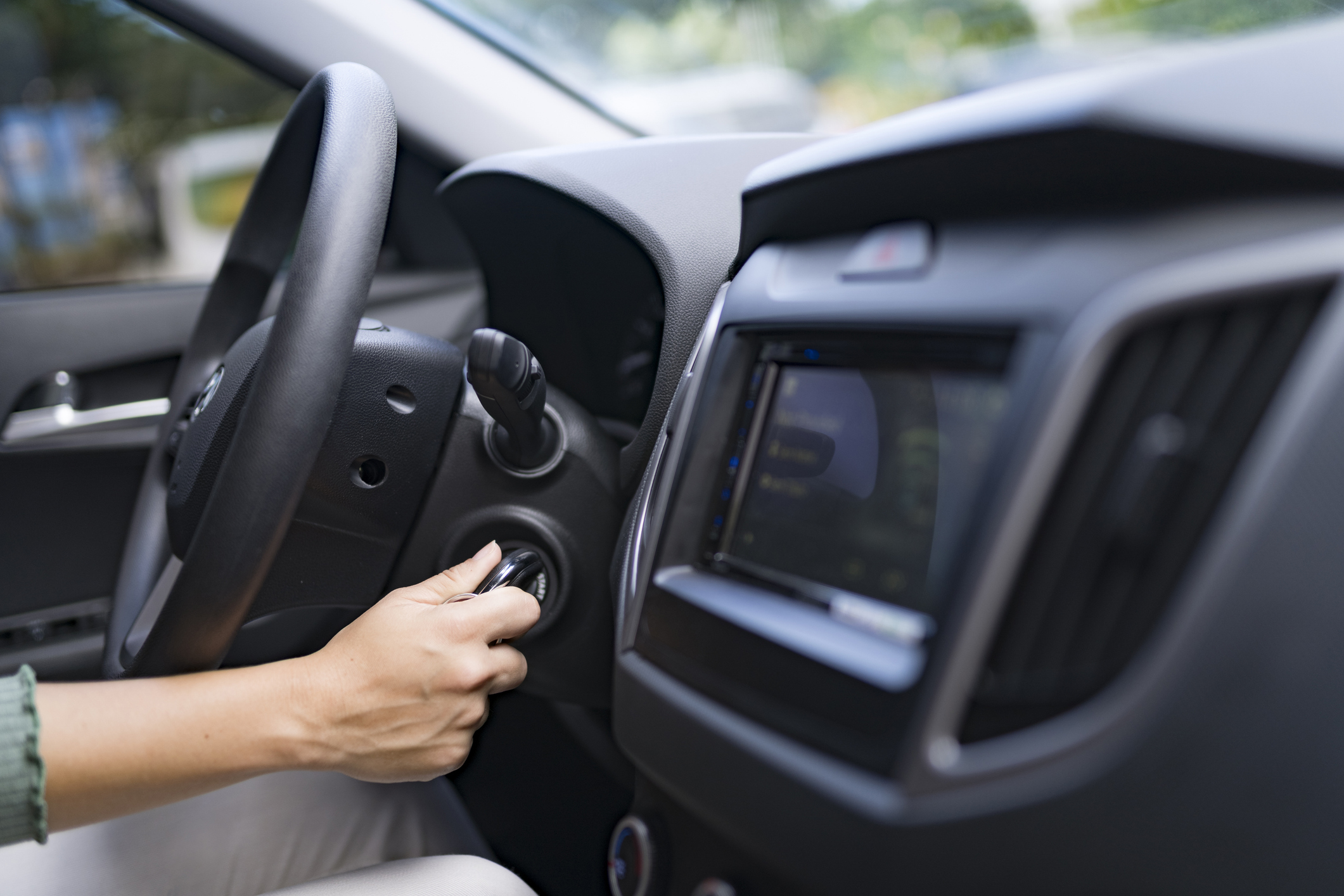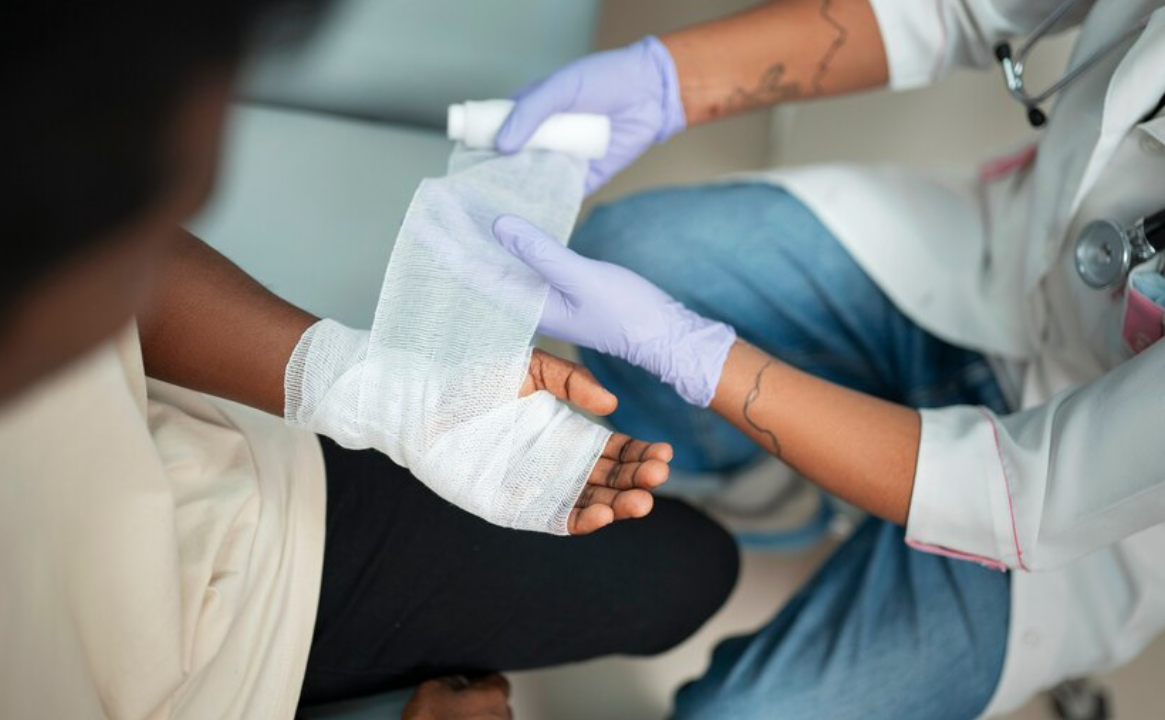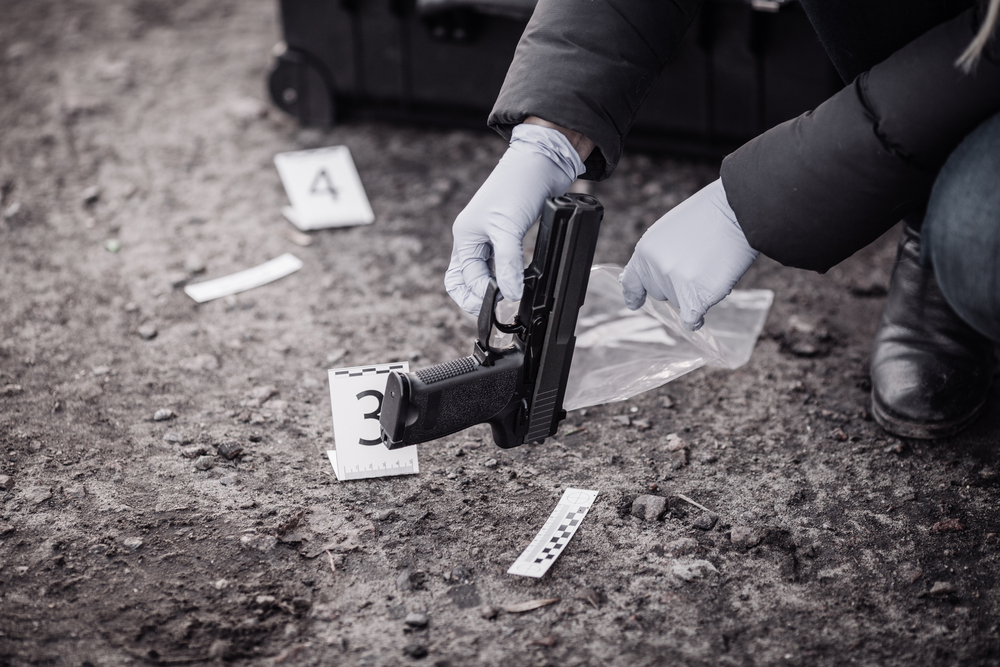When Did Maryland’s New Ignition Interlock Device Law Take Effect?
On October 1, 2024, Maryland enforced significant changes to the state’s DUI laws (HB 105), building upon Noah’s Law. Noah’s Law is named after Officer Noah Leotta, a victim of drunk driving in 2015. The latest legal changes to DUI laws make it mandatory for some DUI offenders to use IIDs.
Baltimore DUI defense attorneys further explain that HB 105 adds more provisions aimed at expanding the scope of the existing law, increasing its effectiveness in reducing accidents due to drunk driving.
What is the Relationship Between HB 105 and Noah’s Law?
Noah’s Laws are DUI laws that aim to discourage drivers from driving under the influence of alcohol and drugs. The law places strict legal consequences upon drivers who are convicted of drunk driving. The HB 105 rule expands this legal framework by requiring those convicted of a DUI to install an ignition interlock device.
The aim is to increase offender accountability, reduce repeat offenses, and ultimately enhance public safety on the state’s roads. You risk hefty consequences if arrested for driving under the influence. Consult skilled ignition interlock device lawyers in Baltimore for legal counsel to protect your rights.
What Are the Key Provisions of HB 105?
Before delving into the new law’s provisions, it’s crucial to understand that approved providers in Maryland must professionally install an ignition interlock device in your car. Before the vehicle starts, you must blow into the device to determine if you have alcohol in your body system. If detected, the car won’t start. You also must comply with specific legal requirements.
HB 105 dramatically affects how Maryland handles DUI cases, and it’s crucial to understand its impact to help you defend yourself if facing DUI charges. Previously, ignition interlock devices were required for repeat DUI offenders and those with high blood alcohol concentration (BAC) levels.
Expansion of the IID Program
The new changes stipulate that IIDs are mandatory for a larger group of DUI offenders, including those with lower BAC readings (0.07 to 0.799). Baltimore ignition interlock device attorneys say that the shift means that even first-time offenders are at risk of stiff IID-related penalties.
Additionally, the following are required to install an IID:
- Drivers who refuse to submit to a breath or blood test when stopped on suspicion of impaired driving
- Drivers who commit a DUI with a minor passenger in the car
- Offenders with a court order or administrative regulation that requires their participation as part of license reinstatement or modification procedures
- Individuals who receive probation before judgment for alcohol-related driving offenses
Ignition interlock device lawyers in Baltimore say the period of IID installation is as follows:
- A minimum of six months for first-time participants
- At least one year for second-time offenders
- A minimum of three years for individuals with three or more offenses, with potential extensions based on court orders or more administrative rules
Impact of IID Installation on Probation Before Judgment
HB 105 can significantly affect your case if you receive probation before judgment (PBJ) for a drunk driving offense. In the past, a PBJ made it possible to avoid some of the stricter consequences of a DUI conviction.
However, the new law requires you to participate in the IID system program even if you receive a PBJ for the offense of driving under the influence or while intoxicated (DWI). The legal update effectively eliminates one of the benefits of probation before judgment in DUI cases.
Monitoring and Compliance
Ignition interlock devices record your BAC levels every time before using your car, and the data is transmitted to program administrators for review to ensure compliance. DUI lawyers in Baltimore advise against tampering with the device or circumventing its use, as you could be subjected to more penalties.
Ensure you adhere to the IID requirements, as failure to do so could lead to the following severe consequences:
- Probation violation: You could face additional legal penalties, including potential imprisonment and the reinstatement of a conviction
- License suspension: Your driving rights could be suspended until you provide proof of IID installation
- Fines: You could face monetary penalties for failing to adhere to the IID requirements.
Which DUI Records Will Be Eligible for Expungement Under the New Law?
Under the new Maryland DUI expungement law, your DUI or DWI case would be eligible for expungement if it resulted in probation before judgment. If you received PBJ and it has been 15 years since then, you may be eligible for DUI expungement as long as you didn’t violate the probation or receive any conviction.
The law applies explicitly to alcohol-related DUI charges and doesn’t extend to drug-related offenses or a combination of alcohol and drugs. Expungement demonstrates that a PBJ is not technically a conviction and allows you to clear your Dui record if you demonstrate an extended period of abiding by the law.
If you have a past DUI record, skilled ignition interlock device lawyers in Baltimore can evaluate your case specifics to determine your eligibility for expungement. They can also guide you through the legal process of cleaning your record.
A Skilled DUI Lawyer Providing Legal Counsel on the New IID Changes
Maryland’s DUI laws punish drivers who operate vehicles under the influence of alcohol. Recently, the state updated these laws, making it mandatory for various groups of offenders to install ignition interlock devices to reduce the offenses. Skilled Baltimore ignition interlock device lawyers can guide you through the nuances.
Scheuerman Law, LLC, is a reputable law firm with knowledgeable DUI lawyers in Baltimore. We dedicate ourselves to helping clients fight DUI charges to protect their rights. If you’re facing charges, don’t go to battle alone. Call us at 443-888-2062 for a FREE consultation.




